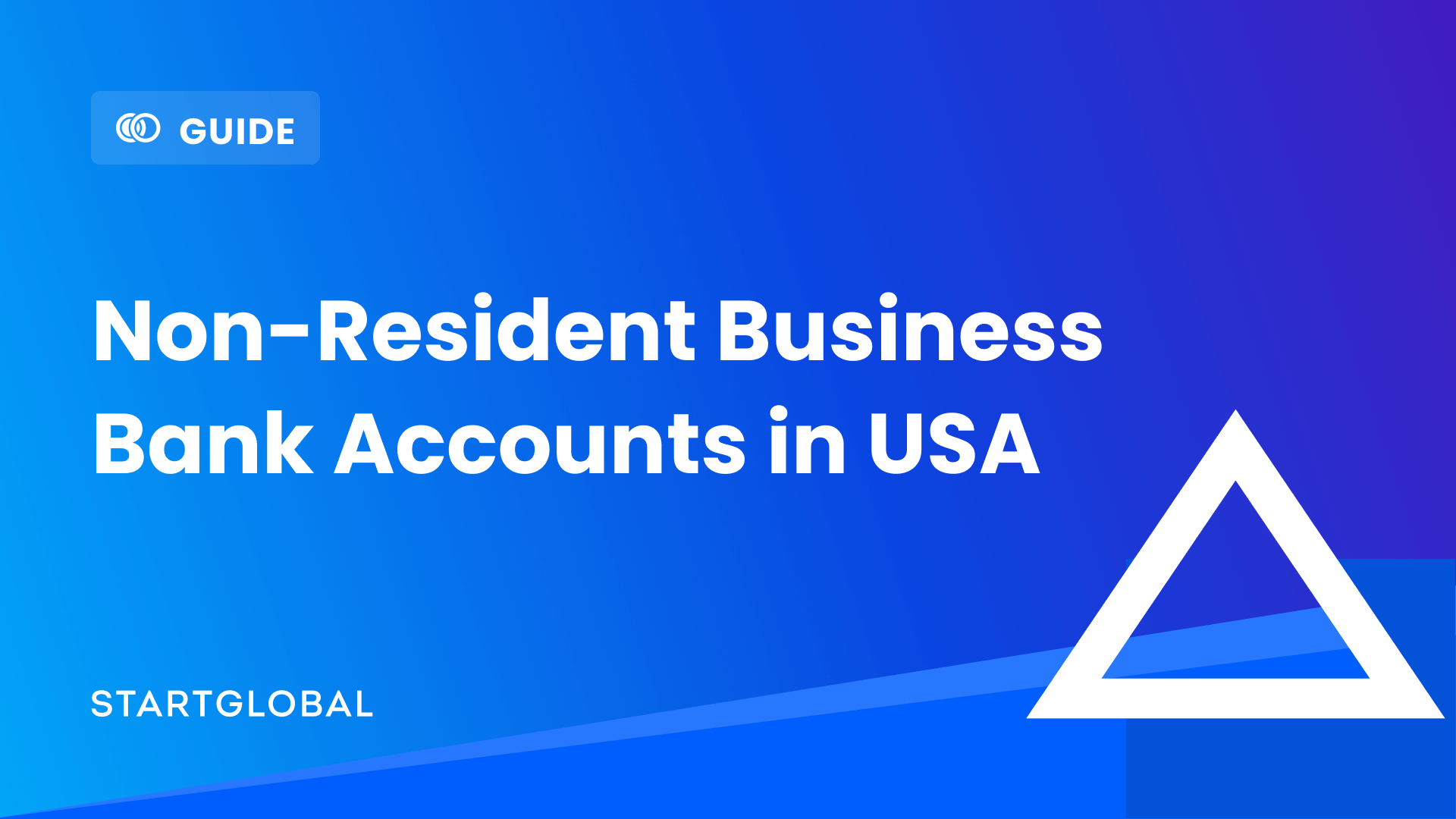Setting Up a Business Bank Account as a Non-Resident: A Comprehensive Guide
Embark on the journey of Setting Up a Business Bank Account as a Non-Resident with this detailed guide that covers everything you need to know. From understanding the requirements to managing the account effectively, this article will provide you with valuable insights and tips.
Understanding the Requirements

Opening a business bank account as a non-resident requires specific documentation to comply with banking regulations. Non-residents must provide certain identification and paperwork to establish an account.
Documents Needed
- Valid passport: Non-residents need to present a valid passport as proof of identity.
- Proof of address: Some banks may require a utility bill or rental agreement to verify the non-resident’s address.
- Business registration documents: Non-residents should provide official documents proving the existence of their business, such as articles of incorporation or business license.
Identification Requirements for Non-Residents
- Passport: A valid passport is a crucial form of identification for non-residents opening a business bank account.
- Visa or residency permit: Some countries may require non-residents to have a valid visa or residency permit to conduct business and open a bank account.
Additional Paperwork
- Reference letter: Some banks may request a reference letter from another financial institution to establish the non-resident’s credibility.
- Business plan: Providing a business plan can help non-residents demonstrate the viability of their business to the bank.
Choosing a Bank
When selecting a bank for a non-resident business account, there are several factors to consider to ensure the best fit for your needs.
Types of Fees Associated with Business Bank Accounts
- Monthly Maintenance Fees: Some banks charge a monthly fee for maintaining the account.
- Transaction Fees: Fees may apply for each transaction made, such as withdrawals, transfers, and deposits.
- Foreign Exchange Fees: If you deal with multiple currencies, consider the fees for currency conversion.
- Overdraft Fees: Banks may charge fees for overdrawing your account.
Services Offered by Different Banks for Non-Resident Accounts
- Online Banking: Check if the bank offers online banking services for easy access to your account.
- Customer Support: Look for banks with good customer support to assist you when needed.
- International Wire Transfers: Consider if the bank allows international wire transfers for your business needs.
- Mobile Banking: Check if the bank has a mobile app for convenient banking on the go.
Application Process
When applying for a business bank account as a non-resident, it is important to follow a specific process to ensure a smooth and successful application.
Step-by-Step Guide
- Research Banks: Begin by researching banks that offer business accounts to non-residents.
- Prepare Documentation: Gather all necessary documents such as proof of identity, proof of address, business registration documents, and any other required paperwork.
- Submit Application: Fill out the application form provided by the bank and submit it along with the required documents.
- Verification Process: The bank will review your application and documents to verify the information provided.
- Approval: If everything is in order, the bank will approve your application for a business bank account.
- Account Activation: Once approved, you will receive instructions on how to activate your account and start using it for your business transactions.
Differences for Non-Residents
- Additional Documentation: Non-residents may be required to provide additional documentation such as proof of legal status in the country, proof of business operations, or a reference from another financial institution.
- In-Person Visit: Some banks may require non-residents to visit a branch in person for identity verification purposes.
- Extended Review Process: Due to the international nature of non-resident applications, the review process may take longer compared to residents.
Timeline for Approval and Account Activation
It is important to note that the timeline for approval and account activation can vary depending on the bank’s internal processes and the completeness of your application.
- Approval Timeframe: Approval can range from a few days to a few weeks, so it is important to be patient during this process.
- Account Activation: Once approved, you will typically receive instructions on how to activate your account, which may involve setting up online banking or visiting a branch.
Managing the Account

When it comes to managing your non-resident business bank account, there are several important aspects to consider to ensure smooth operations and compliance with banking regulations.
- Online Banking Options:
Online banking is a convenient way for non-resident account holders to manage their business finances remotely. Most banks offer secure online platforms where you can view account balances, transfer funds, pay bills, and even set up alerts for transactions. Make sure to familiarize yourself with the online banking options provided by your bank to take full advantage of these features.
- Setting Up International Wire Transfers:
International wire transfers are essential for non-resident business account holders who need to send or receive funds across borders. To set up an international wire transfer, you will typically need to provide the recipient’s account details, including their bank name, account number, and SWIFT code.
It’s important to double-check all information before initiating the transfer to avoid any delays or errors.
- Maintaining Compliance with Banking Regulations:
As a non-resident business account holder, it is crucial to stay informed about and compliant with banking regulations in both your home country and the country where your business account is located. This includes keeping accurate records of all transactions, reporting income to the relevant authorities, and ensuring that your business activities align with local laws and regulations.
Failure to comply with banking regulations can result in penalties or even account closure, so staying vigilant is key.
Last Recap

In conclusion, Setting Up a Business Bank Account as a Non-Resident is a crucial step for expanding your business internationally. By following the steps Artikeld in this guide, you’ll be well-equipped to navigate the process smoothly and efficiently.
Question & Answer Hub
What documents are needed to open a business bank account as a non-resident?
Typically, you will need your passport, proof of address, business registration documents, and potentially additional identification based on the bank’s requirements.
What factors should I consider when selecting a bank for a non-resident business account?
Consider fees, types of services offered, online banking options, and the bank’s experience with non-resident accounts.
How do I apply for a business bank account as a non-resident?
Follow the bank’s specific application process, which usually involves submitting the required documents, filling out forms, and meeting any identification requirements.
What online banking options are available for non-resident business account holders?
Most banks offer online banking platforms that allow non-residents to manage their accounts, transfer funds, and view transaction history conveniently.
How can I ensure compliance with banking regulations as a non-resident?
Stay informed about the regulations in the country where you are opening the account, and make sure to follow the bank’s guidelines to maintain compliance.